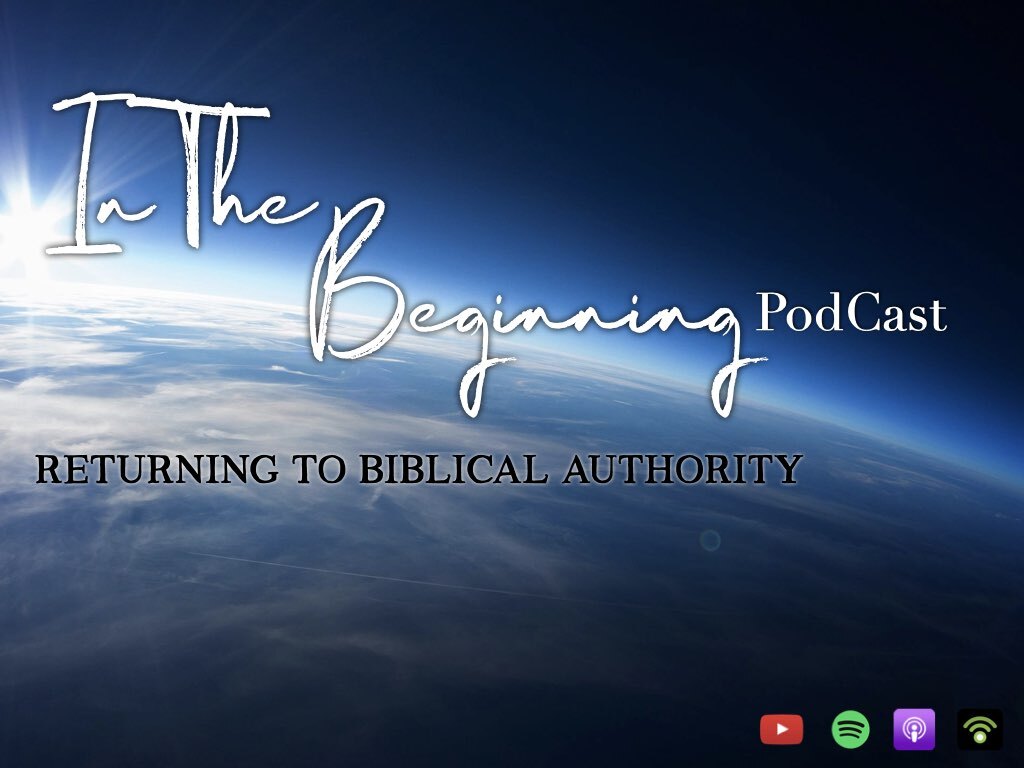Worldview Conflicts: Question #2 – Does My Life Have Meaning?
Question Number 2 is not just a fascinating discussion topic it is a very clarifying question for all those who would call themselves believers. To address the issue, we have to clarify what we mean by “meaning.” Are we talking about lasting value in the lives of others, significant contributions to society, or are we merely wondering how quickly we will be forgotten when our life comes to an end?
Now, if you think back to our last post I asked the question: can a random cosmic accident ever have true meaning or purpose? The answer to this is a bit more complicated than a simple no, but no is the correct answer. The slightly longer answer is that from an evolutionary viewpoint life can have no true, lasting, meaning outside of its permanent societal benefits. So, if you haven’t done anything significant, then you haven’t really done anything other than use up resources that could have probably been put to better use. This is the plainly stated view of many Atheists like Richard Dawkins, Christopher Hitchens, etc. These are the same men who believe that unborn children who have genetic issues like Downs Syndrome should be aborted in order to maintain societal resources for the productive and useful. In their minds, meaning and purpose are directly tied to your ability to validate the number of resources you consume. This is a sad, but growing viewpoint in our world.
Throughout my life, I have met many people from all walks of life, as most of us have. I have never met anyone who desires insignificant, meaningless, existence. I suppose that people like this do exist somewhere. My prayer for them is that they meet the risen savior and find their true purpose through Him. That being said, the vast majority of people want to know that their existence has some kind of meaning or purpose. The knowledge that their life has something more to it than existence, fear, pain, and death.
If we were to explore the conventional definitions of meaning and purpose we would find the following:
Meaning:
noun
– what is meant by a word, text, concept, or action
– implied or explicit significance
– important or worthwhile quality; purpose
adjective [attributive]
– intended to communicate something that is not directly expressed
Purpose:
noun
– the reason for which something is done or created or for which something exists
– a person’s sense of resolve or determination
– a particular requirement or consideration, typically one that is temporary or restricted in scope or extent
verb [with object] formal
– have as one’s intention or objective: God has allowed suffering, even purposed it.
I hope you will agree with me that these definitions are not much help when it comes to finding purpose and meaning in life. However, if we pay attention, they do direct us toward the answer. Notice some of their defining terms: meant, implied, intended – reason, created, requirement, objective. These are all terms that demand an external source from which true meaning and purpose in our existence are derived. This would imply an outside entity. This same entity is responsible for our existence. This entity would naturally be outside of our influence or control, and only through communion with this entity that the true meaning and purpose of our existence can be discovered. This is the foundational premise of Christianity. That is it only through a relationship with our creator that we find out why we are really here. More on that in another post.
Obviously, there will be those who deny this premise, and that is their prerogative. However, those who do will need to answer a few questions. The first is from which of the few remaining sources do they find meaning and purpose. If you are going to rest on the idea of life as a cosmic accident, then you only have two options. Do meaning and purpose come from societal approval or is it self-determination?
If self-determination is the actual source of our meaning and purpose, then we have to deal with the standards, or morals, by which we judge a person’s actions. We will cover this in more detail in the next post. For now, consider what that would mean to history alone. If we go the route of self-determination then we have to acknowledge that men such as Hitler, Mao Tis Tung, Stalin, and Pol Pot, who together are responsible for the deaths of over 100 million people through the 20th century, were successful men who lived their life in full pursuit of self-determined meaning and purpose. Methods aside, they mostly accomplished what they set out to do, even though history chooses to remember them as cruel and horrible men. In a twisted way, you could also make the argument that they gave their lives for their causes. So, who are we to judge them so harshly. What about Margaret Sanger, founder of Planned Parenthood. Today she is heralded as a hero of women reproductive rights. History has chosen to lift her up as an example of greatness and courage. However, if you look into her own past, her reasons for starting an organization that has ended the life of more unborn children than every casualty, of every war in recorded history combined, you find a disturbing and often overlooked truth. Her goal was to provide a place where the races she determined to be unwanted, undesired, and unworthy to reproduce could be sterilized or reduced in population to a point where they could be controlled through the science of eugenics. Should we view her life as one of significant and lasting value just because she was able to bring her self-determined purpose into reality? History judged those men as tyrants because of the deaths they caused, yet holds her up as a hero in spite of the deaths she caused. If we went by numbers alone, those tyrants don’t hold a candle to Margaret Sanger. So apparently the self-determination path is not a valid one.
If we allow ourselves to find meaning and purpose in society, then we must also agree that society as a whole must agree with and value our contribution. If what we do, or provide, is not agreed with or valued by society than our life was nothing more than a sad string of failures, and then we died. If that was not depressing enough, fear not, it gets better. The efforts and contributions that one segment of society sees as valuable can be viewed as harmful by a different segment of society. So, you can spend your entire life in service to one group of people only to find out that all the other groups couldn’t care less that you are even alive. Not to mention that what is valued in one generation may be vilified in the next. You could be loved and hated in a single lifetime. Does that mean that your life can have meaning while being meaningless? So, which segment of society do we follow, and from which segment do we allow our meaning and purpose to come from? The reality is that we will always support the segment of society that we most closely align with. This means that we are back to self-determination, and we already know that it does not work.
True, lasting, meaning and purpose is found in only one place. In a relationship with our creator, and savior. If you came from nothing, then your life will never really mean anything. But, if we are the result of a loving creator, then that creator had a purpose in our creation. As we draw near to Him, learn about and follow His word, we will not only find our true meaning and purpose. We will find salvation for our souls, forgiveness for our sins, and eternal life. Why would I pursue anything else?

